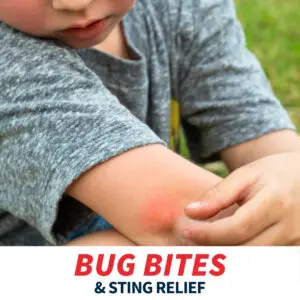What to Know About STD testing
With its Valentine’s Day cards and heart-shaped candies, February is all about showing love to those closest to you. And what better way to show love to a significant other than to get tested for sexually transmitted diseases? STDs — also known as sexually transmitted infections — such as human papillomavirus (HPV), chlamydia, gonorrhea, HIV and syphilis are far more common than one might think. The CDC estimates nearly 20 million new cases of STDs will be diagnosed each year.
Read on to find out more about STDs and STD testing so you can best protect yourself and your loved ones from infection.
Causes and symptoms of STDs
STDs are infections that spread through sexual contact with a partner. While the majority of STDs are spread through sexual intercourse, infections such as HPV and herpes can be contracted via skin-on-skin contact such as kissing. Currently, there are 20 recognized types of STDs. The cause of an STD varies by type, as some are the result of a bacterial infection while others are viral or parasitic in nature.
In many cases, people who have an STD will experience mild to no symptoms, making it all the more important to get tested. However, STDs can result in one or more of the following symptoms:
- Sores, blisters or warts on the genitals or around the mouth
- Unusual discharge from the penis or vagina
- Itching or redness in the genital area
- Noticeable vaginal odor
- Itching, bleeding or soreness in the anal region
- Fever or abdominal pain
STD testing methods
Since there are a variety of different STDs, there are several forms of testing that your doctor will conduct to properly diagnose you for an STD. Testing methods include urine testing, cheek swabs (for HIV), blood testing and a physical examination of any present warts or sores found in the genital regions. Additionally, it is common for doctors to use a swab to collect discharge or cell samples from the penis, vagina, cervix, anus, urethra or throat. These testing methods are not time consuming and typically painless for most patients.
STD prevention
There are a variety of ways to prevent contracting an STD. Experts strongly recommend the use of latex or polyurethane condoms as an effective method of reducing the risk of contracting and spreading an STD. It is also recommended to wash before and after sexual intercourse, and to limit the sharing of towels or underclothing. Additionally, it is highly recommended to get the HPV vaccine, as it has been proven to be highly effective at preventing the HPV virus.
If you or a loved one are experiencing STD symptoms, Midwest Express Clinic offers quick and discreet STD testing seven days a week, with walk-in and online appointments available at all clinic locations. To find a clinic nearest you, visit midwestexpressclinic.com/locations.




